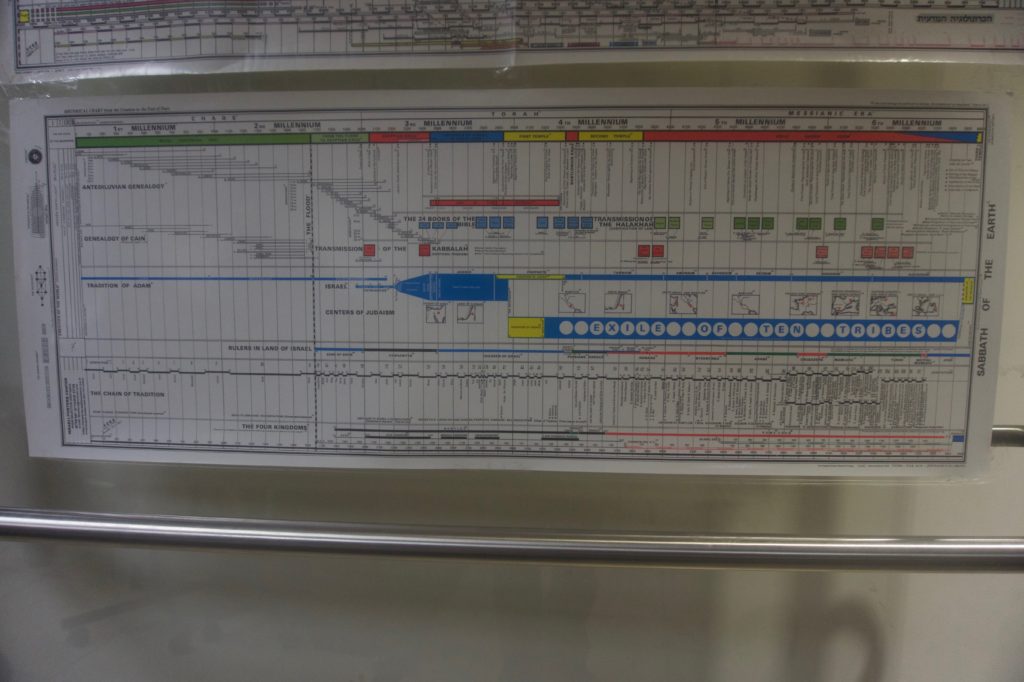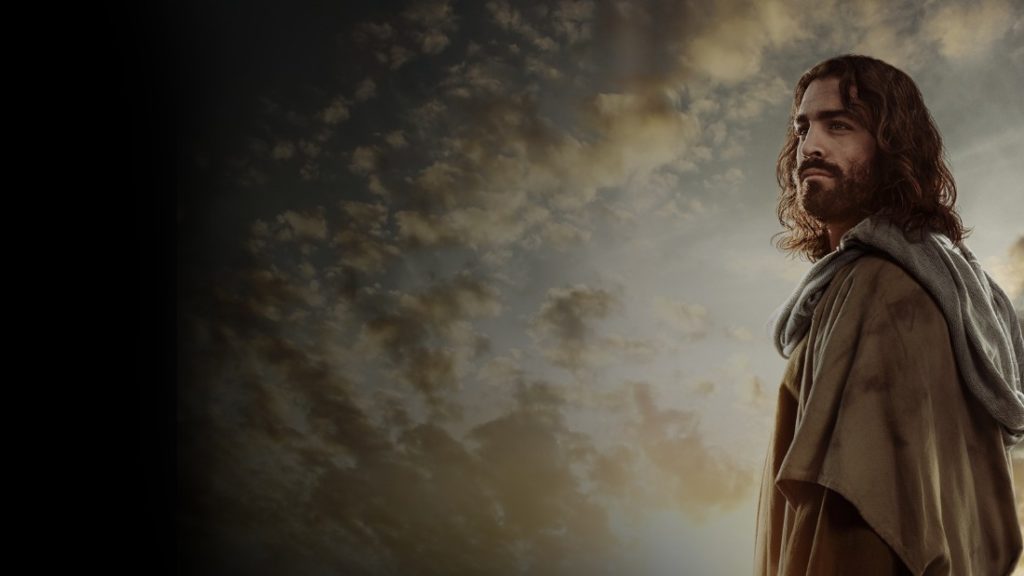Shiloh – A Prophecy You Can’t Ignore
Jul 10, 2017 5121
The name “Shiloh” is a fascinating one. I was recently in Jerusalem, and this year (2017) the Jewish Passover and the Christian Easter celebrations coincided. The streets of Old Jerusalem were absolutely packed with pilgrims, both Jewish and Christian.
The streets were so crowded that even though I was trying to follow a map, I became terribly lost, and so I went into a shop that sold Jewish religious paraphernalia, so that I could ask for directions. Before went out into the crowds again, I noticed something on the wall of the shop that caught my attention. It was a chart showing the history of the world divided up into different eras as defined by Jewish scholars.
What I immediately noticed is that the time from shortly after the destruction of the Second Temple (A.D. 70) to the end of time was called the “Messianic Era” on the chart. This was interesting because it indicated that the Jewish scholars understand that the Jewish people have been looking for the coming of the Messiah from the time around the end of the Second Temple until today. We also know that Messianic expectation was at fever-pitch even during the decades before the destruction of the temple, when Jesus Christ had his ministry on earth.

Is it possible that they could have actually missed the coming of the Messiah?
One of the most fascinating messianic prophecies in the Bible is also one of the oldest. It’s found in Genesis 49:10 in the blessing that Jacob gives his sons. There are disagreements about how this verse should be translated, but these don’t really affect the meaning:
One translation option is followed by the New American Standard Bible, which translates the verse as:
The scepter shall not depart from Judah, Nor the ruler’s staff from between his feet, Until Shiloh comes, And to him shall be the obedience of the peoples (Gen 49:10, NASB).
Here, Shiloh is translated as a proper name, meaning “Peacemaker.” It corresponds with the name that is clearly given to the Messiah in Isa 9:6, “Prince of Peace.”
Another translation option is followed by the NIV, which translates the word as “he to whom it belongs,” as in,
The scepter will not depart from Judah, nor the ruler’s staff from between his feet, until he to whom it belongs shall come (Gen 49:10, NIV).
However, these differences don’t matter to the key meaning of this prophecy. From the very beginning, this has been understood by Jews, and later by Christians alike, as very clearly pointing to the Messiah. And what this prophecy very clearly states is that when the Messiah would come, the sceptre and the ruler’s staff would be removed from Judah.
Except for the Babylonian captivity, the Jewish people had some form or other of rulership over their land until A.D. 6, when Judea came directly under Roman administration, and the Roman province of Judea was formed. In AD 6, Jesus of Nazareth had already been born, being between 10 and 12 years of age. Around two decades later, he announced himself as the Messiah, and began to do his mighty works.
Jesus Christ is our Shiloh, our Peacemaker, and the one to whom the royal sceptre belongs.
The prophecy of Isaiah 49:10 is strikingly impressive, and it presents a conundrum to our Jewish friends. Clearly it points to the appearance of the Messiah at around the time when they lost the rulership of their land.
There seem to be two alternatives. The first one is either to accept Jesus of Nazareth as the Messiah who fulfilled this prophecy. The second alternative is to look for a future Messiah. However, if we are to look for a future Messiah, then according to this prophecy, when he comes, it will not mean the rebuilding of the Jerusalem temple and of the Jewish nation. Not at all! Instead, it will mean losing it.
It seems much more reasonable to accept that this prophecy was fulfilled with the coming of Jesus of Nazareth, to whom all the prophets give witness. Jesus Christ is our Shiloh, our Peacemaker, and the one to whom the royal sceptre belongs.
– Eliezer Gonzalez
I'm glad that we are able to encourage and bless each other, Jeff. I am continually fascinated by the depth of the Old Testament in how it points us to Jesus. Grace and Peace in the Lord – Eliezer
Hi Eliezer, I just got to reading this. Yes it's quite profound and I love it that you got to see the messianic calendar which indeed proves a conundrum for the Jews. A great insight which I enjoyed especially tied to another of my favourite scriptures in Is. 9:6 I enjoy your daily devotions which are Christ centred and confess that I use those insights at times especially for short communion devotionals. Many blessings Jeff



Germán
Jul 23, 2025
Si, es maravilloso conocer, la palabra de Dios qué Nos alumbra, nos hace crecer en la fe. En el cual nos traen convenciones profunda Para la vida Eterna.